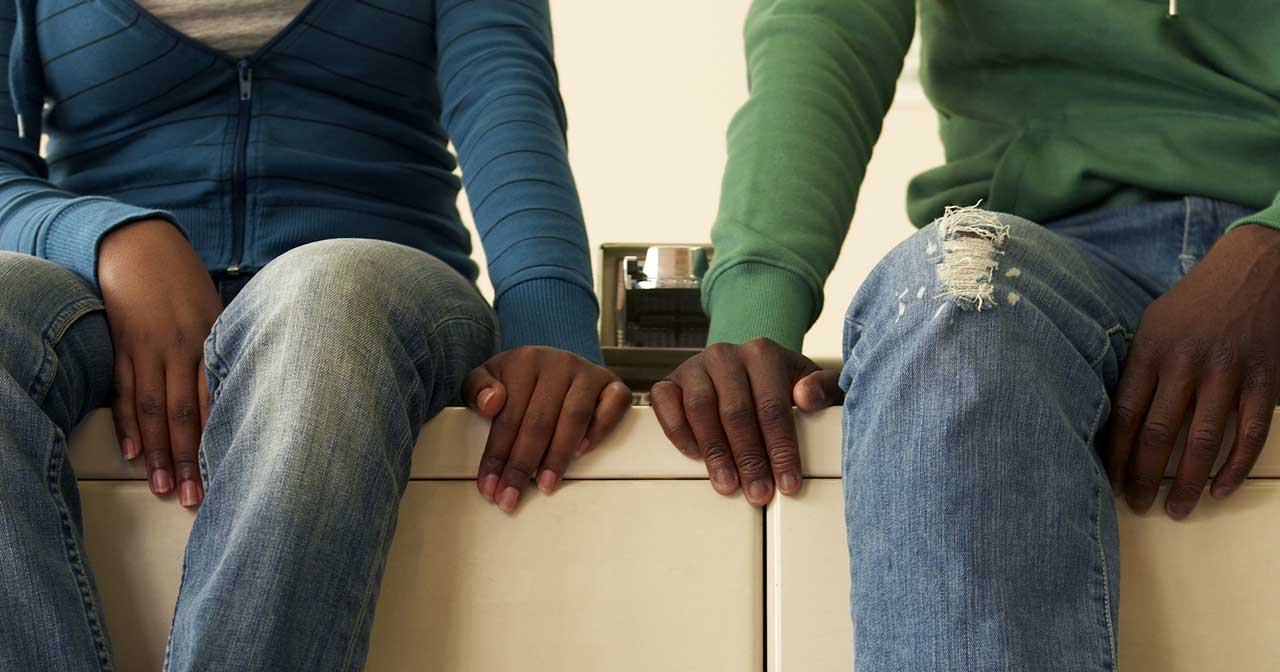Sigh: The most common STIs are getting even more common
The CDC has some not-so-great news about rates of chlamydia and gonorrhea in the U.S.

The U.S. Centers for Disease Control and Prevention (CDC) just released their annual report card for the country’s sexually transmitted infections (STIs). The good news is that pelvic inflammatory disease (a.k.a. PID) seems to be on a steady decline. The bad news is that some of the most common STIs—chlamydia and gonorrhea—seem to be on the rise.
Look out, 25-29 year olds
People between the ages of 15 and 24 who have sex have the highest rates of STIs across the board. But from 2013 to 2014, the biggest increases in STIs were among 25 to 29 year olds.
Women and men aged 20 to 24 were most likely to be diagnosed with chlamydia, with 3.7 and 1.4 cases per 100 people.
Chlamydia in women aged 25 to 29 increased 7%, and men in that age group had an 11% increase. That resulted in 1.2 and 0.8 cases per 100 people.
Women and men aged 20 to 24 were also most likely to be diagnosed with gonorrhea, with 0.5 cases per 100 people for both groups.
Gonorrhea in women aged 25 to 29 increased 6%, and men had a 17% increase. That resulted in 0.3 and 0.4 cases per 100 people.
We don’t know what’s causing this increase—it could be that more people are getting these STIs, or it could be that health care providers are doing a better job of screening for and identifying cases of them, or it could be a combination of both.
Know your status
The tricky thing about these two STIs is that many people don’t have any noticeable symptoms, so it’s important to get tested for them even if you don’t see evidence of a problem. The best thing about chlamydia and gonorrhea is that they’re both curable with antibiotics. The worst thing is that if you don’t catch them and treat them, they can have permanent negative effects.
If you’re under age 26, your health care provider should automatically screen you for these STIs once a year. If you’re 26 or older, you may need to ask to be tested. If that makes you nervous, here are a few tips for better communication with your health care provider. Trust us—knowing your status is worth it.
How do you feel about this article?

Heat up your weekends with our best sex tips and so much more.